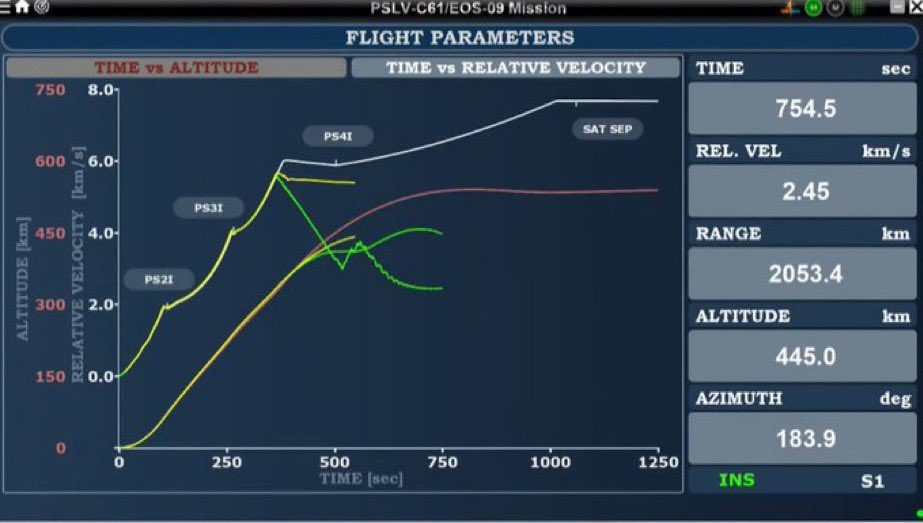Progress M-018M was launched at 1441 GMT today from Baikonur in Kazakhstan to conduct a re-supply mission to the International Space Station. The craft will follow the rapid rendezvous flight profile in order for it to dock around six hours after launch. This profile has been used by the last two Progress missions and if this one is successful it will then be used by the next manned Soyuz TMA mission in March. This would allow the onboard crew to rendezvous and dock with the station around six hours after launch instead of the normal two days.
Progress M-018M launched on re-supply mission
About Seradata
Seradata produces the renowned Seradata database. Trusted by over 100 of the world’s leading Space organisations, Seradata is a fully queryable database used for market analysis, failure/risk assessment, spectrum analysis and space situational awareness (SSA).
For more information go to https://www.seradata.com/product/
Related Articles
Stay Informed with Seradata
Stay informed on the latest news, insights, and more from Seradata by signing up for our newsletter.







